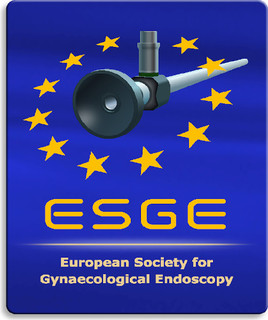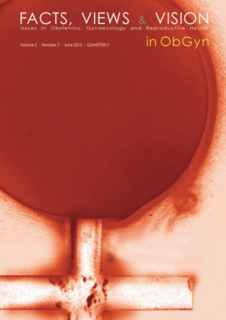Outcome of per protocol best-evidence based routine breast cancer care in a large regional hospital in Belgium: the importance of a prospective database in quality assurance
Accreditation, breast neoplasms, database, survival, multivariate, prospective, quality control.
Published online: Jul 29 2010
Abstract
Aim: Criteria for future accreditation of breast cancer centres in Belgium will be mainly based on the case load per surgeon or per centre. We would like to argue that the prospective collection of relevant data and the analysis of treatment related outcome derived from these data is feasible and should be the ultimate criterion for quality assessment and thus for accreditation since outcome is a more direct measurement of quality.
Methods: Data were prospectively collected on 715 invasive non metastatic breast cancers between 2002 and 2007 treated according to standard, best-evidence protocols in the setting of a large district hospital. Univariate and multivariate survival analysis were performed and compared to national and international databases.
Results: 5 year disease-free survival (DFS) and overall survival (OS) in our series were respectively 77 and 84%. In the multivariate analysis of DFS, only her-2-neu status (her-2-neu positivity being associated with a poor prognosis) and age (older age being a worse prognostic factor) were statistically significant prognostic factors. For OS, her-2-neu, age, and positive nodes were statistically significant prognostic factors. The outcome is comparable to other data sets.
Conclusion: Centres dedicated to the care of women with breast cancer have the moral duty to produce outcome based results of their treatment. This report shows that such a collection of data is feasible and can be imposed as a prerequisite for accreditation. We also argue that outcome based data of treatment are a more solid base for quality assurance than case load.



